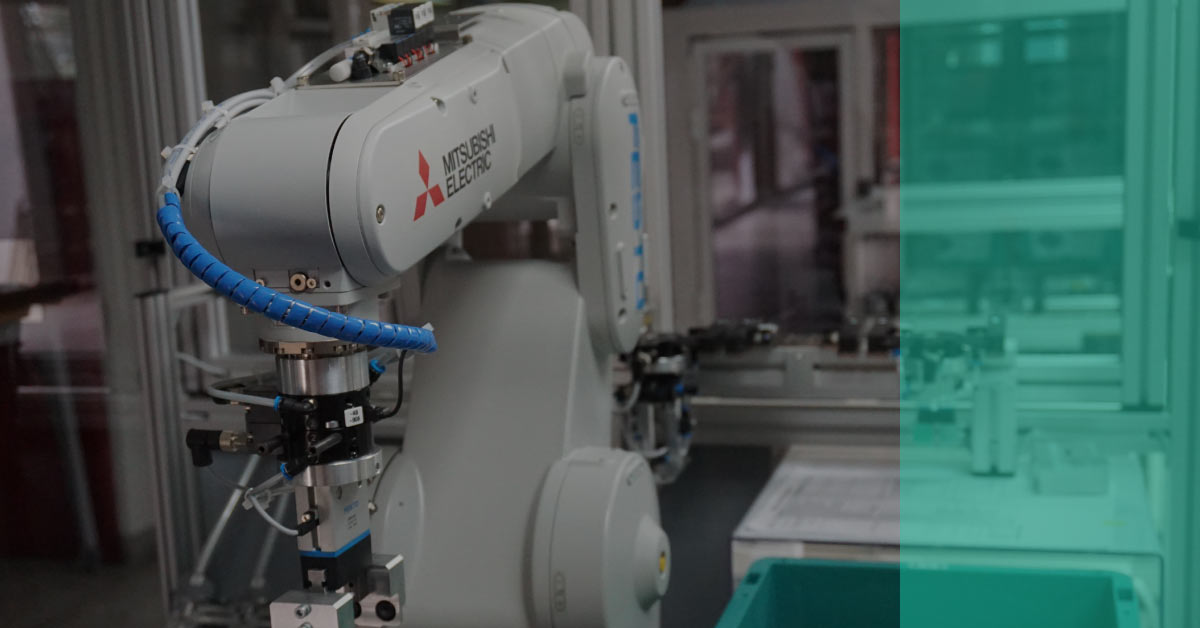- Award-Winning Medicine Application Support
- [email protected]
- +44 (0) 333 050 7764 (Mon-Fri 9AM-5PM)
Practice makes perfect.
Here’s a selection of commonly asked interview questions, complete with advice from current medical students.
Medical Interview Advice
Really? Another mailing list? Maybe, but we know you’re looking to smash your Medicine application so why wouldn’t you want…
Leave your email below and you’ll get:
You’re just one click away from making a great decision.
Application Guide Menu
Application Guide Menu
Recent Posts
Your medical school interview is the last hurdle between you and that all important offer. It’s essential you make a great impression in this relatively short period of time and persuade the interviewers that you would be a great fit for medicine at their university.
The practice of medicine is often described as both a science and an art, where knowledge from fields of biology is applied in an approach based on ethics and human values. A cornerstone of this approach is empathy, which is the ability to understand the feelings of another, imagining what it might be like to experience what that person is feeling. Simply put, being empathetic is to see the world in someone else’s eyes or to put yourself in someone else’s shoes.
The competitive nature of medicine means that schools can afford to be selective. Therefore, universities do not only want good grades, a good entrance exam and relevant work experience. They also want a well-rounded person who brings something to the medical school. Take a look at this article!
There is no doubt that stress is present in the life of a medical student. You will be overloaded with information, from the anatomy of the ankle to the pharmacology of dementia drugs, it is important that you have efficient stress management so that you never have to deal with it as a big problem, read on for tips and solutions to this terrible enemy.
will robots replace doctors? this is a question we wish we didn’t ask so often or so tentatively but… this question appears on your MMI, the most obvious answer is that it won’t, or else the examiner will probably rebut by asking why you applied for medicine only to have robots replace you.
There is no right answer, but take a look at these tips to help you do better in the interview with this type of question.
A common interview question is “Why do you want to be a doctor?”. Easy enough right? However, interviewers are looking for something that is going to last longer than “my parents are doctors”. They are looking for something that you need to have in common with methicillin-resistant staphylococcus aureus… resilience.
Some medical schools want to see how you communicate in difficult situations. One such situation is giving bad news, a perfect test of empathy, listening and communication skills, as well as how to handle uncertainty and discomfort. However, if you ask most physicians, they find communicating bad news extremely stressful, so the question is: how should you approach this situation?
With exams and interviews piling up, applicants often overlook the importance of recent medical news. What if you were given this question “Tell me about where you think the future of Medicine is going.”, a rather popular question among interviewers? Let’s see how one could potentially show the interviewers that.
In my experience, this is an all-too-common Interview question. Whether it’s to trip you up, or see if you’ve ever done any introspection, or just to see how honest you are, the question is an easy one to falter on.
But what is not clear is what a right is. Human rights are those that are undeniable and equal for all human beings, regardless of their individual composition (sex, race, creed, colour, etc.). Let’s talk about this topic, its importance and its history.

Your medical school interview is the last hurdle between you and that all important offer. It’s essential you make a great impression in this relatively short period of time and persuade the interviewers that you would be a great fit for medicine at their university.

The practice of medicine is often described as both a science and an art, where knowledge from fields of biology is applied in an approach based on ethics and human values. A cornerstone of this approach is empathy, which is the ability to understand the feelings of another, imagining what it might be like to experience what that person is feeling. Simply put, being empathetic is to see the world in someone else’s eyes or to put yourself in someone else’s shoes.

The competitive nature of medicine means that schools can afford to be selective. Therefore, universities do not only want good grades, a good entrance exam and relevant work experience. They also want a well-rounded person who brings something to the medical school. Take a look at this article!

There is no doubt that stress is present in the life of a medical student. You will be overloaded with information, from the anatomy of the ankle to the pharmacology of dementia drugs, it is important that you have efficient stress management so that you never have to deal with it as a big problem, read on for tips and solutions to this terrible enemy.

will robots replace doctors? this is a question we wish we didn’t ask so often or so tentatively but… this question appears on your MMI, the most obvious answer is that it won’t, or else the examiner will probably rebut by asking why you applied for medicine only to have robots replace you.
There is no right answer, but take a look at these tips to help you do better in the interview with this type of question.

A common interview question is “Why do you want to be a doctor?”. Easy enough right? However, interviewers are looking for something that is going to last longer than “my parents are doctors”. They are looking for something that you need to have in common with methicillin-resistant staphylococcus aureus… resilience.

Some medical schools want to see how you communicate in difficult situations. One such situation is giving bad news, a perfect test of empathy, listening and communication skills, as well as how to handle uncertainty and discomfort. However, if you ask most physicians, they find communicating bad news extremely stressful, so the question is: how should you approach this situation?

With exams and interviews piling up, applicants often overlook the importance of recent medical news. What if you were given this question “Tell me about where you think the future of Medicine is going.”, a rather popular question among interviewers? Let’s see how one could potentially show the interviewers that.
In my experience, this is an all-too-common Interview question. Whether it’s to trip you up, or see if you’ve ever done any introspection, or just to see how honest you are, the question is an easy one to falter on.
But what is not clear is what a right is. Human rights are those that are undeniable and equal for all human beings, regardless of their individual composition (sex, race, creed, colour, etc.). Let’s talk about this topic, its importance and its history.
unlock infinite medical wisdom
Just leave your email in the box and you’ll receive weekly updates and the best tips for your medical application!
unlock infinite medical wisdom
Just leave your email in the box and you’ll receive weekly updates and the best tips for your medical application!
Pay with confidence
Pay with confidence